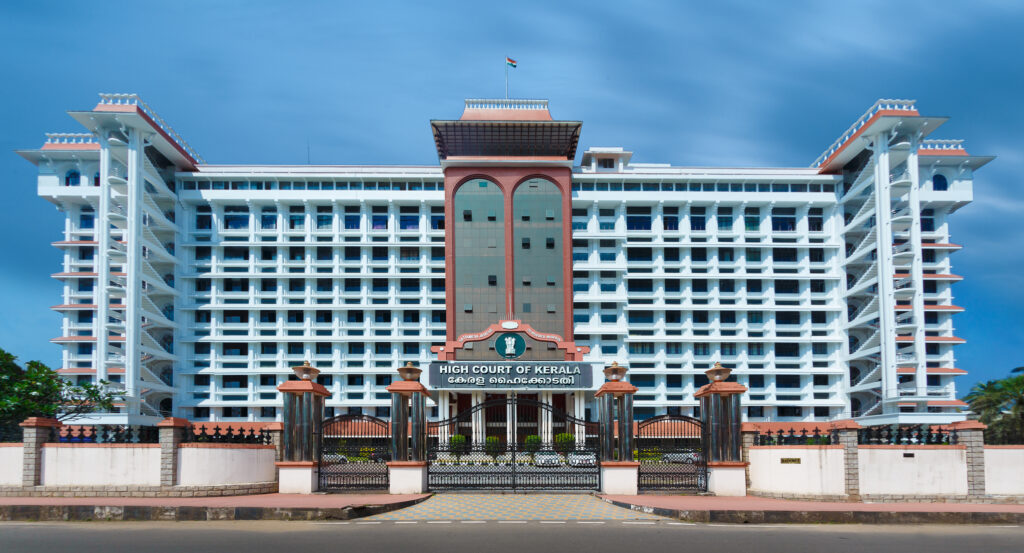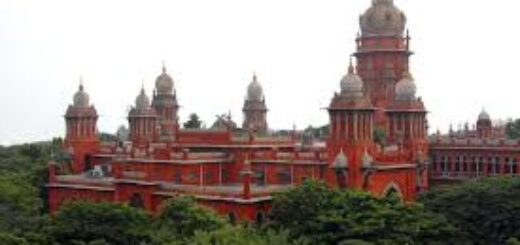Body shaming by a sister-in-law that harms a woman’s mental and physical health is considered cruelty under Section 498A of the Indian Penal Code, according to the Kerala High Court.

The Kerala High Court ruled that if a sister-in-law engages in body shaming that harms a woman’s mental and physical health, it is considered Cruelty under Section 498A of the Indian Penal Code (IPC). This decision came from a Criminal Miscellaneous Case aimed at dismissing charges against the accused, which were pending in front of the Judicial First Class Magistrate. Justice A. Badharudeen noted that the actions of the petitioner included body shaming and questioning the medical qualifications of the complainant. These actions were seen as intentional behavior that could harm the woman’s mental and physical well-being, as outlined in explanation (a) to Section 498A of the IPC.
Advocate Thareeq Anver K. represented the Petitioner, while Public Prosecutor M.P. Prasanth represented the Respondents. The prosecution claimed that the accused committed an offense under Section 498A in conjunction with Section 34 of the IPC. The complainant married the accused in 2019, and it was alleged that she faced mistreatment from her husband, father-in-law, and sister-in-law while living in her marital home. In seeking to dismiss the case, the Petitioner’s counsel highlighted two legal points. First, they argued that the sister-in-law, being the wife of the accused’s elder brother, qualifies as a ‘relative’ under Section 498A of the IPC. They also noted that a similar definition exists in Section 196 of the Bharatiya Nagarik Suraksha Sanhita, 2023 (BNSS).
The High Court, considering the details of the case, stated, “When a married woman moves into her husband’s home, where his siblings and their spouses also live, it cannot be said that the spouses of the siblings do not qualify as ‘relatives’ under Section 498A of the IPC. In these cases, the relatives of the husband include those living in the matrimonial home who are related to him, such as his mother, father, wife, children, siblings, and their spouses.”
The Court also mentioned that the accused, who is the wife of the husband’s elder brother, does fall under the definition of ‘relative’ in Section 498A of the IPC, and this argument was rejected. “The actions that constitute cruelty under Section 498A of the IPC can be understood from explanations (a) and (b). Explanation (a) states that any intentional behavior likely to drive a woman to suicide or cause serious harm to her health is considered cruelty. Explanation (b) describes harassment aimed at forcing the woman or her relatives to fulfill illegal demands for property or valuables, or due to their failure to meet such demands, as cruelty,” it added.
The Court noted that to establish an offence under Section 498A of the IPC, certain conditions must be met. If there are actions that do not likely lead a woman to suicide or cause serious harm to her life, health, or well-being, these actions do not qualify as cruelty under this section. The Court also stated that if a woman is harassed by a relative without any pressure to fulfill an illegal demand for property or valuables, or due to her failure to meet such demands, it does not count as cruelty under Section 498A. As a result, the High Court dismissed the Petition and declined to cancel the proceedings.
Cause Title: ABC v. State of Kerala & Anr. (Neutral Citation: 2024:KER:85565)
Appearance:
Petitioner: Advocates Thareeq Anver K., K. Salma Jennath, K. Shamsudheen, K.C. Khamarunnisa, Rassal Janardhanan A., Arun Chand, Shahnoy Shaji, and Govind G. Nair.
Respondents: Public Prosecutor M.P. Prasanth, Advocates P.S. Binu, and K. Seena.









